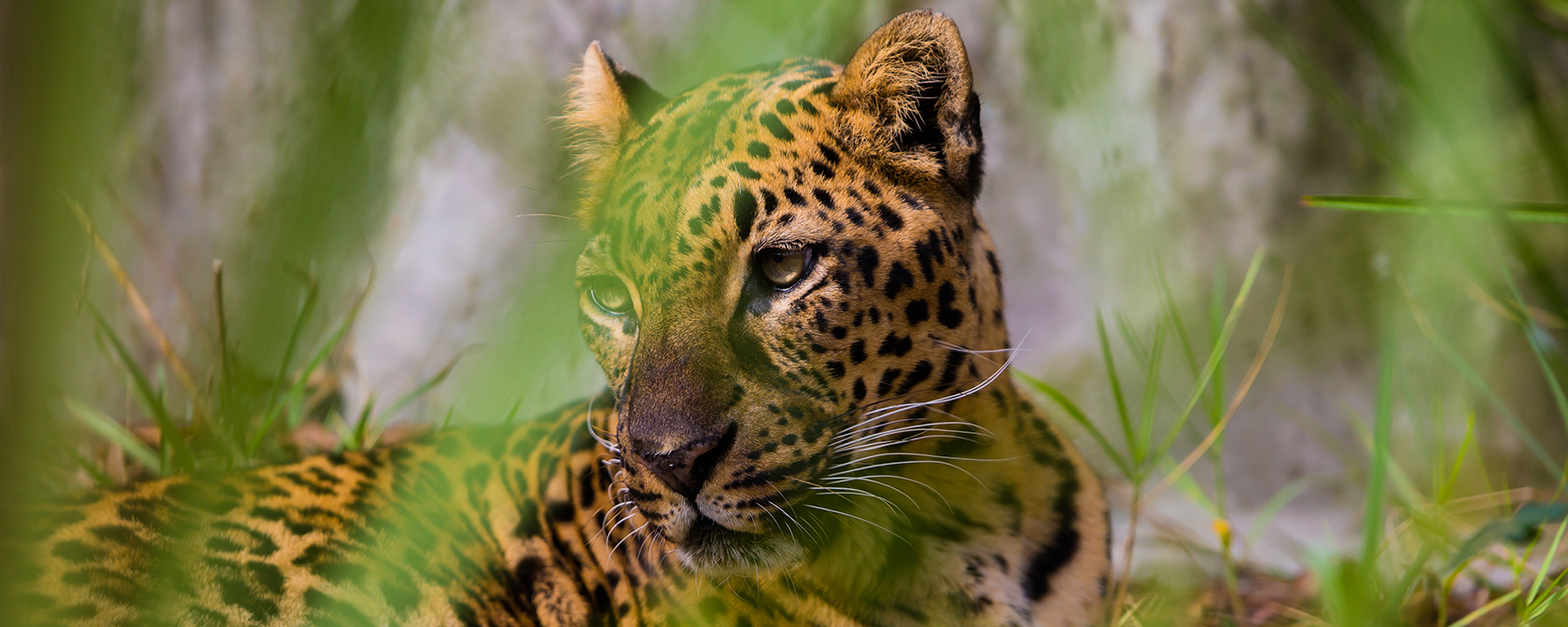By Sara Amundson and Kitty Block
Nevada, one of the last remaining states without a ban on the ownership of exotic wild animals as pets, is now moving to pass a law to do exactly that.
A bill, SB 344, recently passed the Senate and now awaits action in the Assembly. It would, among other measures, end the private ownership of animals like big cats, bears, hyenas, elephants, wolves and primates. The bill would also end the exploitation of wild animals, and particularly cubs, by unscrupulous roadside zoos and exhibits that offer up these animals for petting and photo ops.
As our investigations have revealed, animals in this industry are horribly mistreated. Jeff Lowe, one of the roadside zoo owners seen in the Netflix series “Tiger King,” smuggled tiger cubs into hotel rooms in Las Vegas for paying visitors to pet them and pose with them. The city eventually confiscated a tiger cub, a liliger cub (the hybrid offspring of a male lion and a female tiger) and a young lemur from him. The animals were underweight and suffering from several health conditions.
Ending such cruelty wherever it exists is an important priority for our organizations and to date 45 states have passed laws to protect citizens from those who exploit wild animals in this manner. Many of these states acted swiftly after one incident that remains raw in our nation’s collective memory: a suicidal man in Zanesville, Ohio, released nearly 50 big cats and other dangerous animals from his backyard menagerie in 2012, creating a major public safety hazard and a tragic situation for the animals who authorities were forced to shoot and kill.
Nevada, along with North Carolina, Oklahoma, Alabama and Wisconsin, are the only states with virtually no laws on this issue, and that’s why we are excited to see the state finally move to pass one. At the federal level, the Humane Society Legislative Fund is working to secure passage of the Big Cat Public Safety Act, which has been reintroduced in the House and Senate and previously passed the House. The bills would prohibit public contact with big cats like tigers, lions and leopards and ban keeping these animals as pets. Federal action is necessary because these animals may be moved across state lines for such activities.
The Nevada bill makes allowances for those who already own exotic animals as pets, permitting them to keep the animals so long as they meet some basic animal welfare and safety requirements, although they will be prohibited from acquiring new animals. Zoos and all U.S. Department of Agriculture licensed exhibitors, including zoos, can continue to keep animals like big cats, bears, etc., and can acquire more of these animals, but will be required to meet a few additional requirements, including creating emergency plans for the animals. The facilities should also have no USDA citations within the past three years for violations in which a dangerous wild animal’s health and well-being or the public safety was jeopardized.
These are commonsense requirements and ones most Nevadans support. Wild animals have very unique needs and suffer terribly at the hands of unqualified individuals. In the United States, wild animals have been found badly neglected and living in deplorable conditions in places ranging from junkyards to basements.
It often falls upon sanctuaries and animal protection organizations to clean up the mess these irresponsible owners create. Two years back, a tiger was rescued from a garage in Houston, and earlier this year authorities in San Antonio found a tiger cub freezing in a backyard during a historic winter storm. Both animals, Loki and Elsa, have since found forever homes at our Cleveland Amory Black Beauty Ranch. However, no organization has the capacity to continue rehoming the countless exotic pets that enter U.S. homes each day, and we need to tackle this problem at the root, by preventing irresponsible breeding and ownership.
Captive exotic animals also create a major problem for law enforcement authorities. In Nevada, for instance, in a well-publicized incident in 2012, a male and female chimpanzee escaped from a backyard cage in a residential neighborhood after the male chimpanzee ripped the cage from the concrete and then broke through a padlocked gate. Police responded to emergency calls with more than 20 squad cars as the chimpanzees ran amok, climbing into cars, pounding on vehicles, and banging on windows of homes. The male chimpanzee was shot and killed when he darted towards a crowd of onlookers.
There should be no debate over this issue: chimpanzees, elephants, tigers, leopards and wolves are not pets and they do not belong inside someone’s basement or garage or backyard. If you live in Nevada, please urge your lawmakers to pass SB 344 and get this law on the books without delay. It is time we stop this abuse for good, in Nevada and everywhere it exists.
Kitty Block is President and CEO of the Humane Society of the United States.




